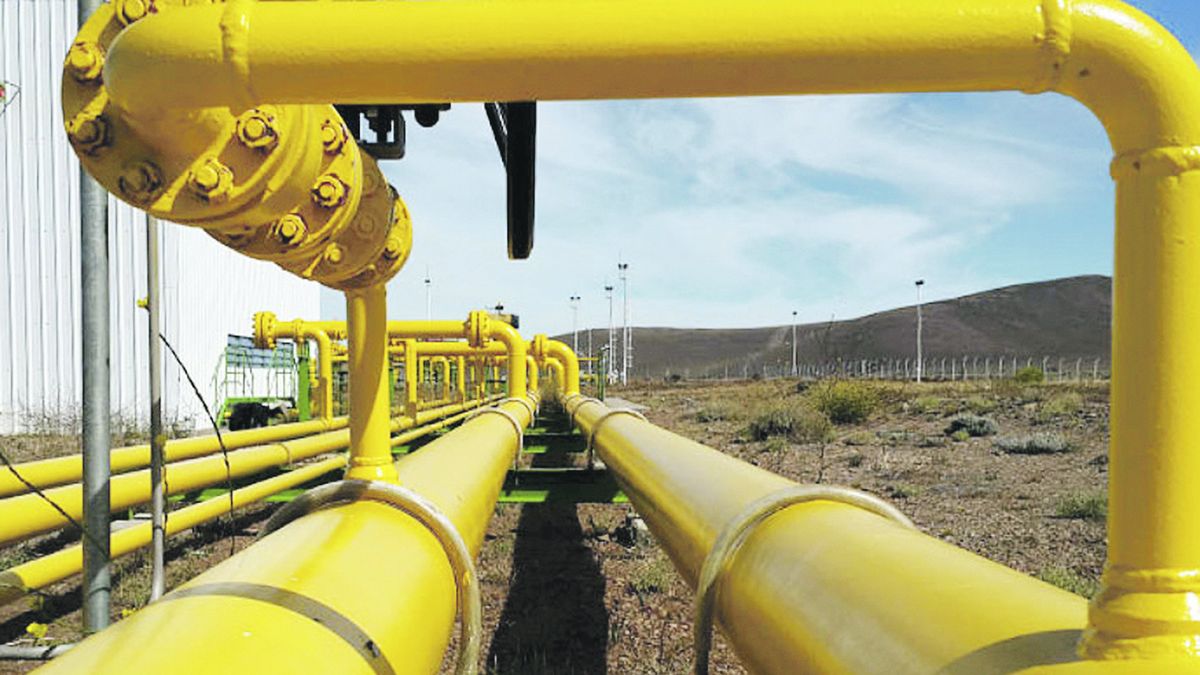The Ministry of Economy headed by Sergio Massa advanced with the last welding of the Néstor Kirchner gas pipeline(NK), and is confident that it will start operating on June 20, as promised by the Government. The annual savings from energy imports is estimated at US$4,293 million.
This week, the first step will be taken for what will be the continuity of the infrastructure works, which consists of two parts: stage 2 of the Néstor Kirchner gas pipeline, and the northern gas pipeline reversal project. The Government hopes that both works are completed by the winter of 2024, which will imply a extra annual savings of US$3,168 million and achieve the 95% of energy self-sufficiencyfor substituting part of the energy from Bolivia, Brazil, Uruguay and imported LNG.
What will actually happen this week the thing is The call for public tenders for the project to revert the Gasoducto del Norte will be published in the Official Gazette, which includes: the La Carlota-Tío Pujio gas pipeline, the Reversal del Norte and the compression plants. For that, Economy already has the bulk of the financing: it will be US$540 million, according to an agreement signed in March with the Latin American Development Bank (CAF).
Instead, the tender for the second stage of the Néstor Kirchner gas pipeline will be held in June, as Massa anticipated, once the first stage was inaugurated. It is that for this section, whose financing will be higher, the funding has not yet been sealed. The president of Brazil, Luiz Inácio Lula da Silva, had said that part of the financing was going to be done by the development bank BNDES, but financial negotiations with that country are stuck. In the Government they trust that with the inauguration of the first section, on June 20, there will be concrete news.
Gas to NOA, Chile and Brazil
The call for tenders for the northern gas pipeline reversal project will be done by Energía Argentina (formerly Enarsa), as happened with Néstor Kirchner, as Massa anticipated last Friday during the last welding ceremony. The minister indicated that With this work alone, he will seek to save US$2,000 million annually.
As Ámbito was able to find out, the figure is an estimate of the gas that Argentina imports from Bolivia, at around US$11.9 per million BTU (MMBtu). The contract with Bolivia ends on December 31, and from the government of Luis Arce they cannot ensure provision for 2024. What is defined will be known at the end of the year. But if this project comes to fruition, Argentina could stop importing gas from Bolivia after almost 50 years. And they aspire to these works imply that in the coming years gas can be exported to Bolivia. “A historical fact that remains for the next government,” lament some within the Government.
The work is projected to start in August and they aspire to be finished in the fall of 2024. Although it should last between 12 and 18 months, they assure that the terms can be shortened due to the knowledge and technology that was acquired for the Néstor Kirchner gas pipeline, which will have been completed in record time if it is inaugurated in June.
On a technical level, the so-called reversal of the northern gas pipeline includes a 150-kilometer pipeline between La Carlota and Tío Pujio, to unite the systems that supply the country at the height of the province of Córdoba: the central north gas pipeline, coming from the Neuquén Basin , and the northern gas pipeline, which runs from Buenos Aires to Salta.
In addition, the work includes the reversal, so that instead of taking gas imported from Bolivia to the north of the country, supplying Vaca Muerta gas to 6 million users in the NOA and power generation from thermal power plants. Also, within the plan, it will seek to supply the expanding mining projects in Jujuy, Salta and Catamarca.
But also, then they will seek to export natural gas to Chile through the Norandino gas pipeline, in Jujuy, and finally also reach southern Brazil, through the current infrastructure with Bolivia, although for that they must reach political agreements with Bolivia.
Source: Ambito




